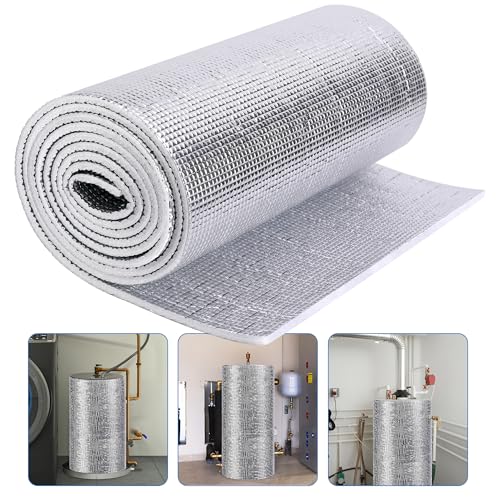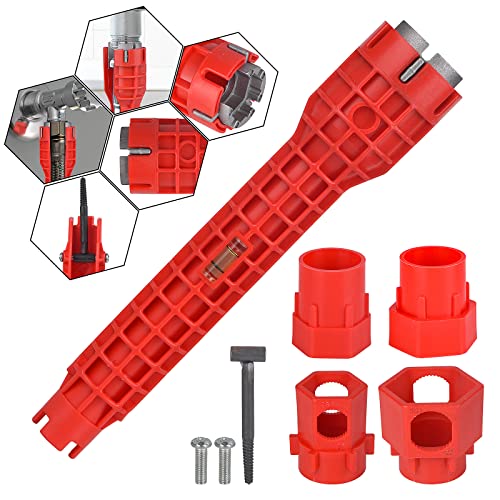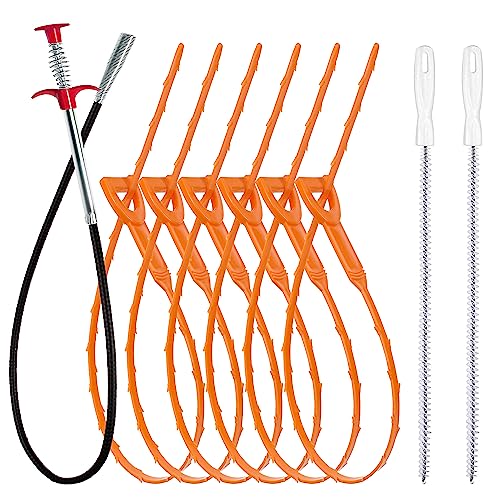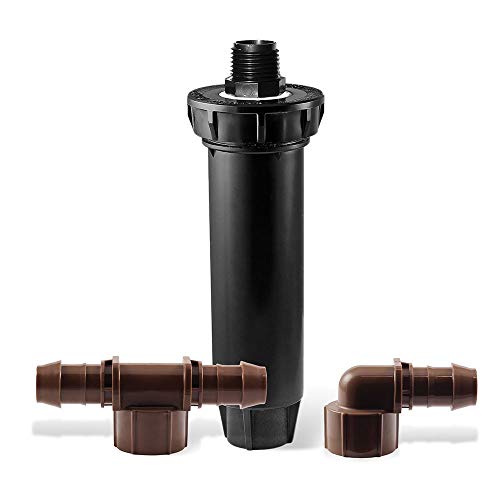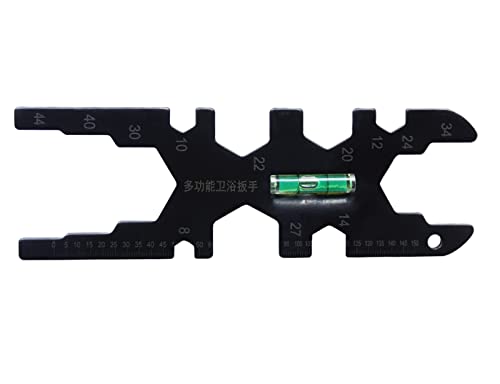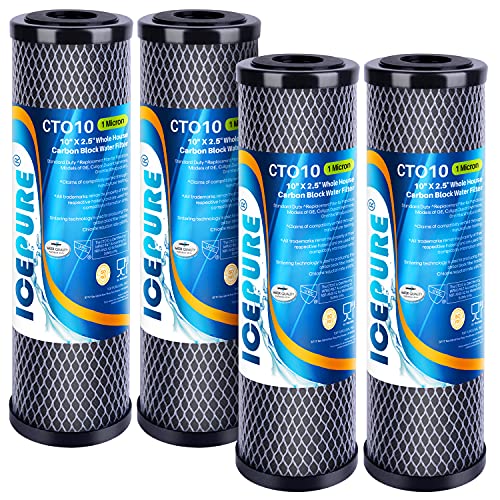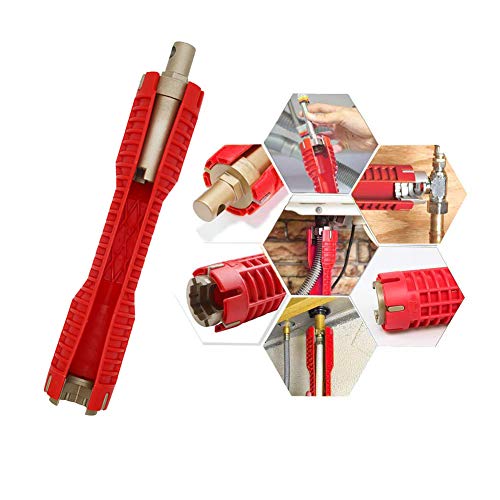alienux
Member
I have a Whirlpool WHES33 water softener that is about 6 1/2 years old. It recently starting causing lower water pressure in the shower and sinks (not a lot, but noticeable), which I verified by bypassing the softener, which caused pressure to return to normal.
I also hear a fairly loud dripping noise inside the resin tank when we run any water. There are no leaks anywhere that I can find, outside of the unit, nor from the resin tank inside the salt compartment.
So I called Whirlpool customer support and they sent instructions for an "Extended Backwash" that they said might correct the issue. So I started to follow the instructions and came across this note:
This concerns me. The softener, as I mentioned, is about 6 1/2 years old. If I run this procedure and this actually happened, and resin beads got into the house plumbing, how bad can that be? I've read about how to get resin out of plumbing and flushing the water heater/etc., but I'm more concerned about appliances that don't have an open faucet. Is this potentially a big deal, or is it something I shouldn't be that worried about?
I also hear a fairly loud dripping noise inside the resin tank when we run any water. There are no leaks anywhere that I can find, outside of the unit, nor from the resin tank inside the salt compartment.
So I called Whirlpool customer support and they sent instructions for an "Extended Backwash" that they said might correct the issue. So I started to follow the instructions and came across this note:
Running an extended backwash can clear up any potential clog in the system. Please note this process has a low risk that the bottom distributor may fail (especially on older units), letting resin beads escape into the plumbing.
This concerns me. The softener, as I mentioned, is about 6 1/2 years old. If I run this procedure and this actually happened, and resin beads got into the house plumbing, how bad can that be? I've read about how to get resin out of plumbing and flushing the water heater/etc., but I'm more concerned about appliances that don't have an open faucet. Is this potentially a big deal, or is it something I shouldn't be that worried about?










